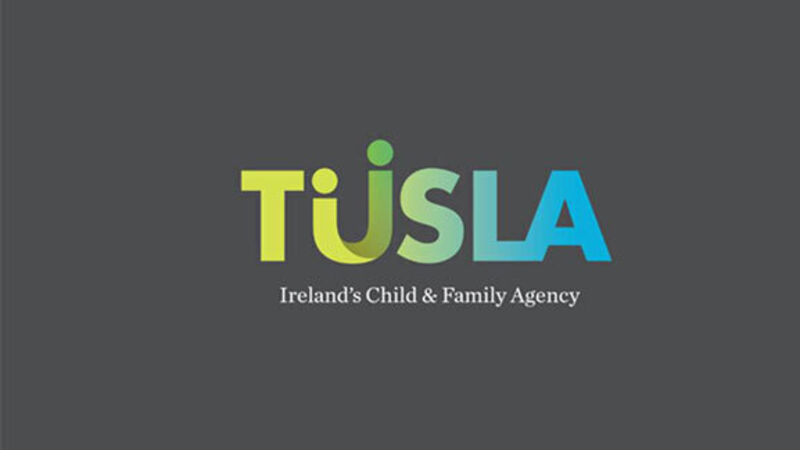Tusla to respond to figures showing number of retrospective abuse cases awaiting allocation

The Child and Family agency has said it will respond to new figures which show the number of cases of retrospective abuse awaiting allocation to a social worker has overtaken the number of cases that have been allocated.
The most recent monthly report issued by Tusla shows that in January the number of unallocated cases overtook the number of cases that had been allocated for the first time, with that trend accelerating in February and again in March, when there was also an increase in the number of allocated cases.













